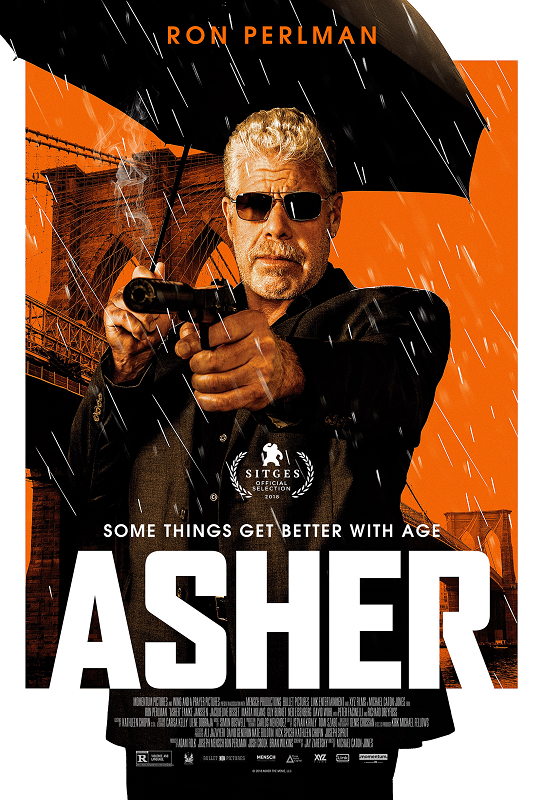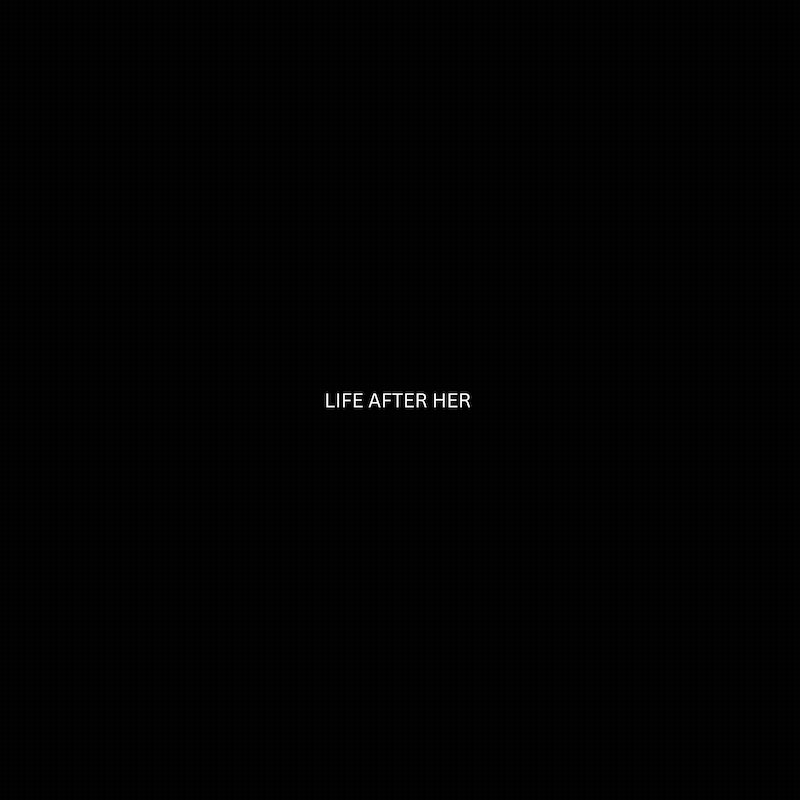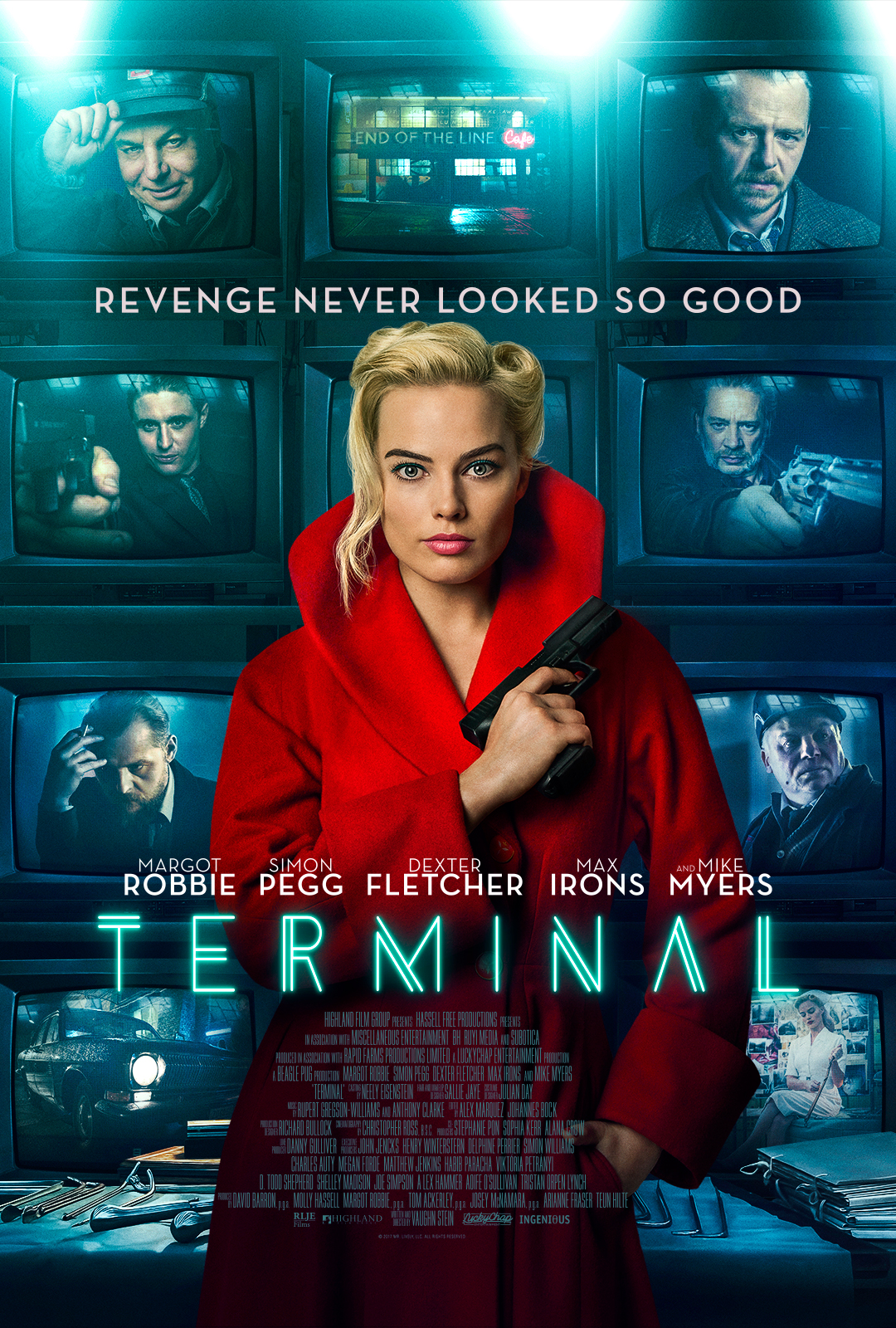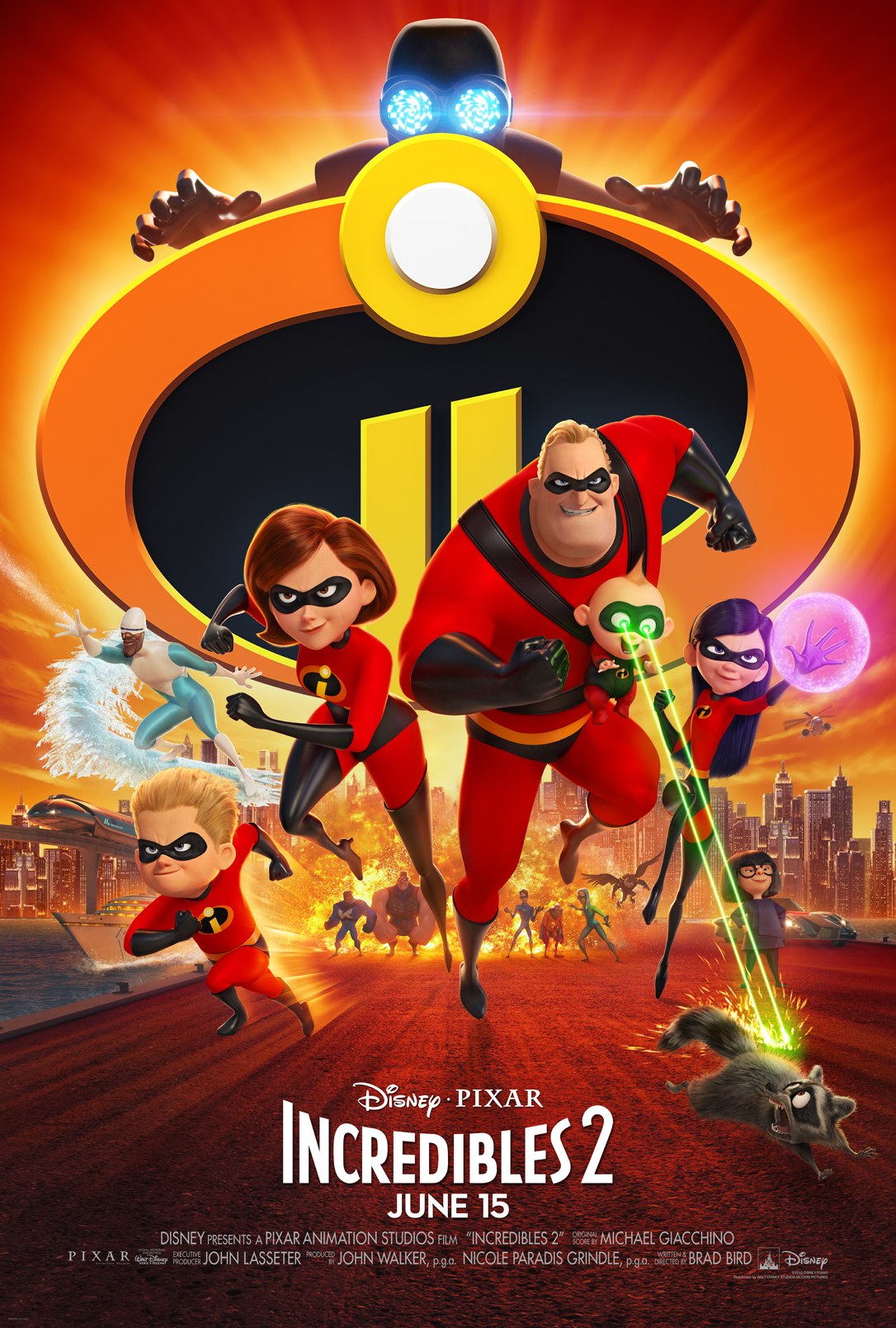There’s something intriguing about good assassin films. These stories have been used as fodder for buddy comedies (The Hitman’s Bodyguard), romantic comedies (Grosse Pointe Blank), coming of age stories (Leon: The Professional), revenge thrillers (John Wick), or just straight up dramatic nightmares (Collateral). Somehow, though, it doesn’t matter if the lead is the hunter or the prey, the way someone can seem so cool, calm, and collected while also deadly offers a strange titillation audiences just dig. Adding to the “killer” collection is director Michael Caton-Jones’s Asher, which sees an aging hitman coming to terms with an existence with very little to show for his time on Earth. Channeling the same crazy-cool energy of past projects The Jackal and Rob Roy, Caton-Jones’s Asher is as much a contemplative look at being aged out of life as it is recognizing that sometimes we must break out of our ruts to get more.

Asher (Ron Perlman), former Mossad agent turned hitman, lives a life of predictability. Save for his handler Abram (Ned Eisenberg), Asher prefers working alone to get his jobs done simply and cleanly. It’s not that he doesn’t like surprises, it’s that routines keep him safe and keep him alive. While on a special assignment for his boss Avi (Richard Dreyfuss), an old injury causes him to pass out into the apartment door of Sophie (Famke Janssen), making for a strange introduction and, worse, an incomplete mission. As Asher and Sophie spend more time together, Asher’s life of danger begins to spread from the shadows, threatening to end both their lives.

In many respects, there’s very little difference between the story of an assassin on his way out and that of a cowboy. It should come as no surprise then that Asher scribe Jay Zaretsky, before writing this, his first feature, spent time working on Justified, one of the best modern westerns on television. Granted his role there was as an assistant, but clearly aspects snuck into his creative processes because the characters of Asher living in New York City could easily be transported to Justified’s Kentucky and be right at home. But the devil, as they say, is in the details, and Asher is full of little ones which make the film feel like a living breathing thing. Asher isn’t just an aging hitman, but former military whose training never left him, making him one of the best on Avi’s payroll. His training keeps him sharp, but – Zaretsky’s script insists – it also keeps him alone. This makes quite a bit of Asher exude a contemplativeness whether Asher’s eating alone on his rooftop terrace, traveling to a job, or even executing one. Frequently, this extends into the acts of violence Asher engages in, forgoing long drawn out exchanges in favor of focused, specific attacks. If the way we fight truly does express who we truly are, then Asher is a man of profound patience, ingenuity, and thoughtfulness. This, of course, is brought to life through Perlman’s purposeful and, often, seemingly still performance. Most audiences come to Perlman’s work either from Sons of Anarchy, Hellboy (2004), or even Beauty and the Beast (1987-1990), so seeing some measure of violence mixed with introspection isn’t unexpected from Perlman. In fact, his performance as Asher really brings home the consistent theme within Asher of finding a way beyond the violence of the past. The fact that this also means audiences get to see Perlman wield sniper rifles, knives, guns, and any other manner of death-dealing weaponry is just icing on the cake.
In many respects, there’s very little difference between the story of an assassin on his way out and that of a cowboy. It should come as no surprise then that Asher scribe Jay Zaretsky, before writing this, his first feature, spent time working on Justified, one of the best modern westerns on television. Granted his role there was as an assistant, but clearly aspects snuck into his creative processes because the characters of Asher living in New York City could easily be transported to Justified’s Kentucky and be right at home. But the devil, as they say, is in the details, and Asher is full of little ones which make the film feel like a living breathing thing. Asher isn’t just an aging hitman, but former military whose training never left him, making him one of the best on Avi’s payroll. His training keeps him sharp, but – Zaretsky’s script insists – it also keeps him alone. This makes quite a bit of Asher exude a contemplativeness whether Asher’s eating alone on his rooftop terrace, traveling to a job, or even executing one. Frequently, this extends into the acts of violence Asher engages in, forgoing long drawn out exchanges in favor of focused, specific attacks. If the way we fight truly does express who we truly are, then Asher is a man of profound patience, ingenuity, and thoughtfulness. This, of course, is brought to life through Perlman’s purposeful and, often, seemingly still performance. Most audiences come to Perlman’s work either from Sons of Anarchy, Hellboy (2004), or even Beauty and the Beast (1987-1990), so seeing some measure of violence mixed with introspection isn’t unexpected from Perlman. In fact, his performance as Asher really brings home the consistent theme within Asher of finding a way beyond the violence of the past. The fact that this also means audiences get to see Perlman wield sniper rifles, knives, guns, and any other manner of death-dealing weaponry is just icing on the cake.

In addition to Perlman, Janssen and Dreyfuss are deeply engaging. Sophie represents a safety for Asher away from the violence in his day-to-day, but – it’s soon discovered – that Sophie’s own complicated relationship with her mother (played beautifully by Jacqueline Bisset) is a thematic match for Asher’s own with his boss. If Asher is logos, then Sophie is pathos and Janssen makes us feel every bit of her struggle to forge her own path separate from her mother, despite her own inability to break away. Dreyfuss’s Avi has much less screen time than you’d expect, but the influence is far-reaching. In the few scenes he has, Dreyfuss balances the menaces of a man in charge with a sweetness that comes from a close bond. The scenes, albeit brief, between Avi and Asher feel less like boss and soldier and more like brothers, a feeling attributed to the way both Dreyfuss and Perlman restrain their performances, selecting authenticity over caricature of the Jewish community both characters inhabit. In supporting roles, Eisenberg and Peter Facinelli as Uziel, Asher’s former student turned-head contractor, add color to Asher’s world as representations of time. Through their performances, each man presents their characters as authentic members of Asher’s world, caring for his success and survival. As the danger increases for Asher, his relationships with these men become increasingly important, so the fact that the interactions are presented by the actors as meaningful gives the events within Asher gravitas and weight.

While Zaretsky’s script possesses a lot of interesting ideas, the tone of them all creates an uneven viewing atmosphere for Asher. On the one hand, Asher pulsates with charisma as Asher moves from job to job, using tricks old and new, demonstrating how much of a formidable badass he is. Even the insertion of the romance with Sophie adds an element of danger because this is a guy who’s lived as long as he has through his routines. Companionship requires a breaking of these routines, making each new job he takes carry a weight of what he might lose if he’s not careful. This aspect is interesting and the performances from Perlman and Janssen make every interaction natural, even in their complexity. Even Asher attempting to be a cool thriller and a sweet romance at the same time works for it most of the time as both Asher and Sophie are presented as individuals desperate to forge a new path for themselves. There lies a duality in their narrative construction which makes sense. Where Asher grows uneven is in the way it brings items up as potential roadblocks which are never addressed again. Specifically, it’s in the form of an old wound which Asher refused proper treatment for and whose effects begin to impact his work to his personal detriment and to that of others. Though it works beautifully to highlight both Asher’s stubborn reluctance to change his patterns or to receive help – like that of a fierce warrior facing their last battle – it only seems to be used narratively when it suits, rather than being a consistent problem which causes true peril. If it’s a sign that Asher should retire from this life, then why doesn’t it bear more impact on the narrative as a whole? Considering the other thoughtfulness in the film, it’s a strange narrative aspect which stands out like pilling on a fine sweater.

All in all, Asher is an entertaining character-driven drama, which is nothing like the advertising suggests. That’s not to say it’s not a fun action flick or that it lacks comedy, as it certainly possesses aspects of both, but it’s bound to surprise folks who come to Asher having seen the trailer. How they react to the bait-and-switch is hard to say, but, if given the chance, Asher proves to be a thoughtful film, even if imperfect.
Available in select theaters, on VOD, and digital on December 7th, 2018.
Final Score: 3.5 out of 5.
Find the latest details on Asher from Momentum Pictures on Facebook | Twitter | Instagram | Website




